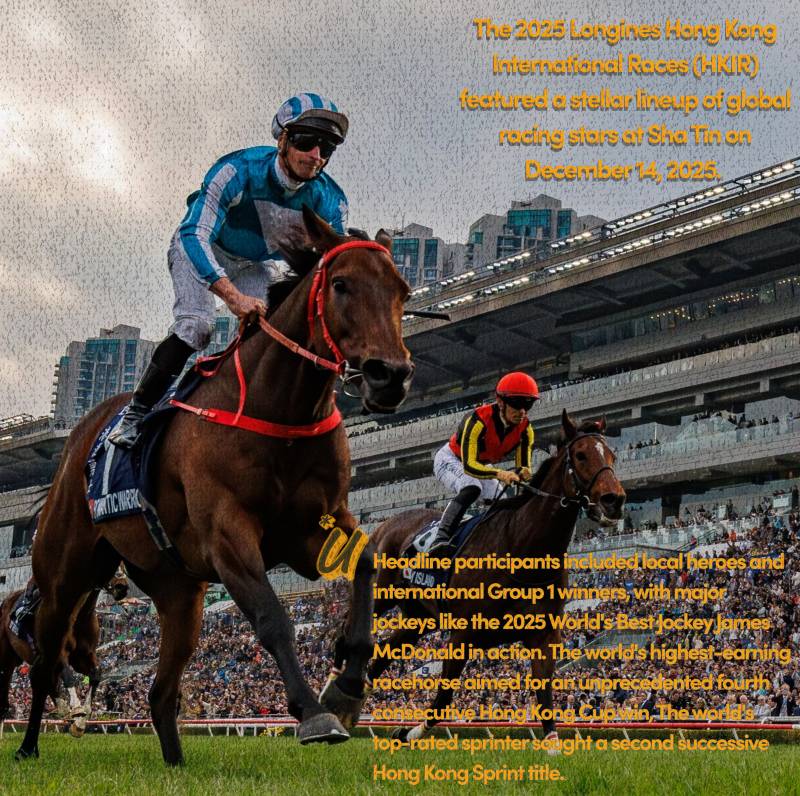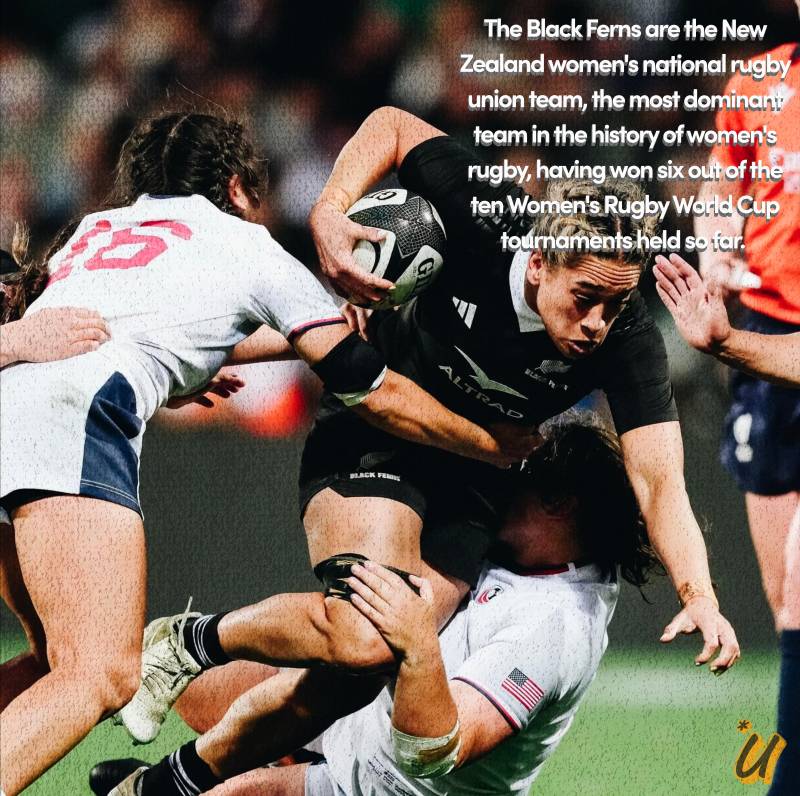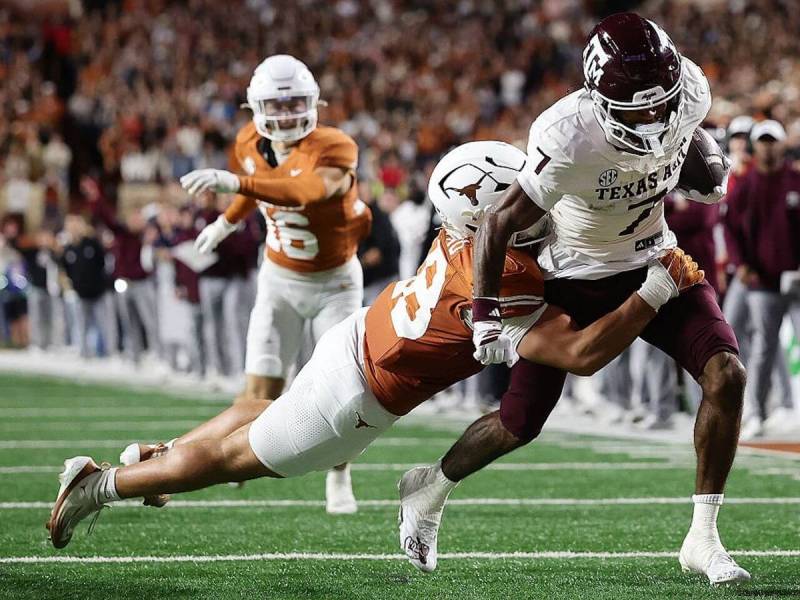September 27, (THEWILL) – The investigative panel initiated to get the remote and immediate factors responsible for 10 Nigerian athletes being rendered ineligible to participate in the 2020 Summer Olympics in Tokyo, Japan has begun holding in-person meetings.
The Minister of Youth and Sports Development, Sunday Dare, gave the panel a month to complete its investigation.
THEWILL recalls that 10 Nigerian athletes were part of a group of 20 from seven countries ruled out of Tokyo 2020 by the Athletics Integrity Unit (AIU) because they were deemed not to have met World Athletics (WA) testing requirements.
The rule the Nigerian contingent flouted was WA Rule 15 that any athlete from a category A nation wishing to compete in the Olympic Games must undergo at leas three no-notice drug tests within a three-week window in the ten months leading to the competition.
Category A nations are deemed most-at-risk when it comes to doping. The other affected, athletes were from Ukraine, one from Morocco, one from Ethiopia, three from Belarus and two from Kenya.
The panel of seven is headed by Professor Ken Anugweje, while the former secretary-general of the Athletics Federation of Nigeria (AFN), Maria Worphil, was appointed is the secretary.
According to Worphil, the panel held two in-person meetings on September 2, while a second meeting was held six days later. She said, ‘We are at the stage of in-person interaction and should conclude before the deadline given in our letter of appointment’.
As an investigative panel, its terms of reference include ascertaining the roles and responsibilities of the National Anti-doping Commission, the AFN, the Federation of Elite Athletes Development, the Federal Ministry of Youth and Sports Development, the Nigerian Olympic Committee and the affected athletes in the testing process.
It will also examine the impact of the crisis that engulfed the AFN soon after the inauguration of the last board headed by Shehu Ibrahim Gusau in July 2017 on the testing process and normal administrative processes of the athletics governing body of the country.
It will be the panel’s responsibility to also proffer solutions that will prevent a reoccurrence while recommending sanctions and compensations as appropriate.
It was learned that until last month, the AFN did not have an anti-doping committee or commission or an anti-doping officer in the four-year tenure of the last board. In addition, the president took over the jobs of the secretary-general as enshrined in the Federation’s constitution (2017) for more than half of the board’s four-year tenure, changing the password of the AFN official email used to correspond with both the AIU and World Athletics.




